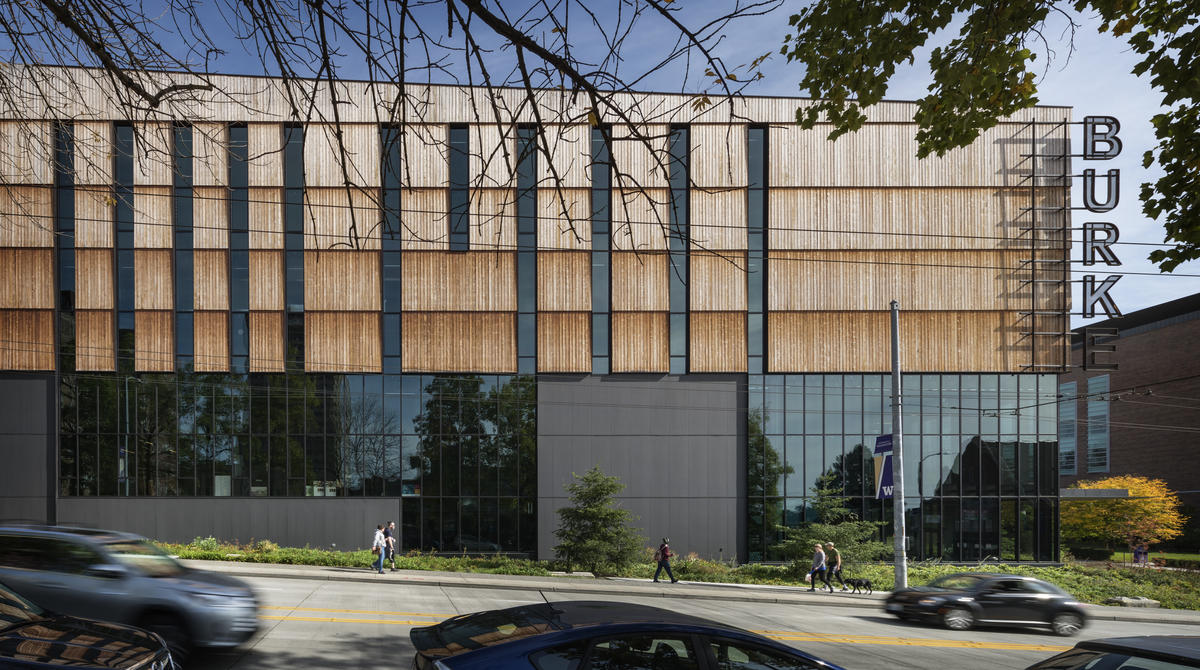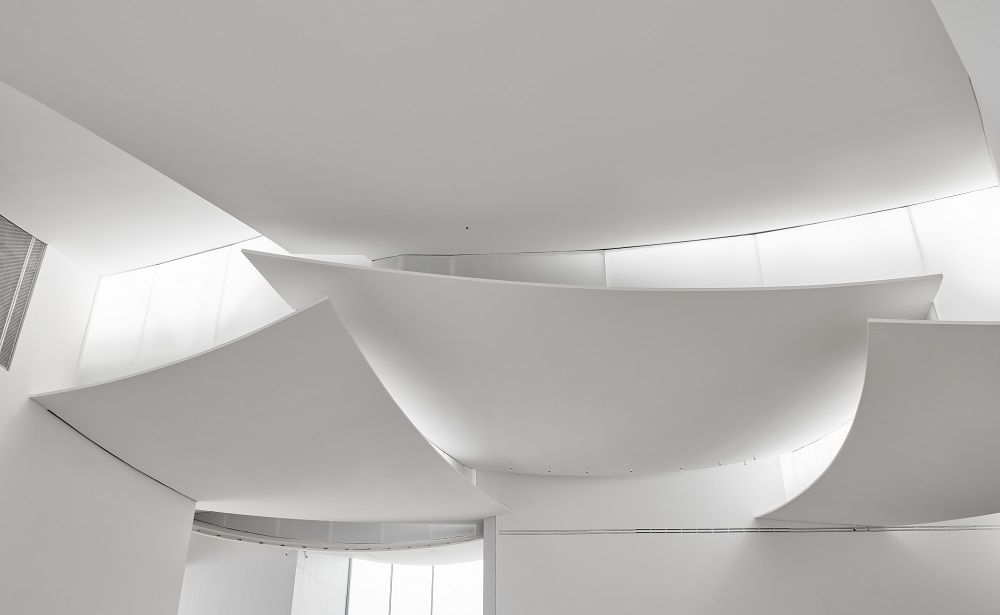Tom Kundig’s newest book – his fourth – is split 50/50 between small and large projects.
For good reason.
“There’s a pretty clear narrative out of the office and my career – that everything comes from the residential footing,” he says. “We look at residential work as the soul of our architecture.”
“Tom Kundig: Working Title” covers 29 projects around the world, including residences, hospitality projects, cultural spaces, and workplaces. It’s 368 pages in length – easily his longest – with generous full-page color photography for each project.
But its central theme – that Olson Kundig’s residential work informs its larger commercial and cultural projects – is the driver behind this book.
That stems from a recent conversation with Glen Murcutt. “He said that the profession of architecture has turned its back on residential architecture – and that it’s the real root of the profession,” Kundig says. “For his career and mine, it’s where we learn about human scale, cultural tectonics, the humanistic situation, and the craft of architecture.”
That’s because architecture is about people first. “It’s one of the essentials – there’s food, water and shelter,” he says. “Homes are the places where we live with our most basic needs.”
Sure, small residential projects may develop quickly at Olson Kundig – but they’re especially impactful. “You go through cycles with a young staff and new ideas – and you explore those ideas,” he says.
And it’s no surprise that he looks at each project with the eye of an artist. “I don’t think I’m an architect,” he says. “I grew up with artists, and pretty early I recognized that art is very self-reflective, intimate work that exposes the innermost soul.”
Art is the filter through which he assembles what’s around him into a coherent whole. “Listening to the client and the climate influences me with a poetic heart and drive, but outwardly I’m gathering and solving a functional problem artistically,” he says.
“Tom Kundig: Working Title,” then, is a 10-inch-by-12-inch case history of what that process yields.
For more, go here.
[slideshow id=2188]


